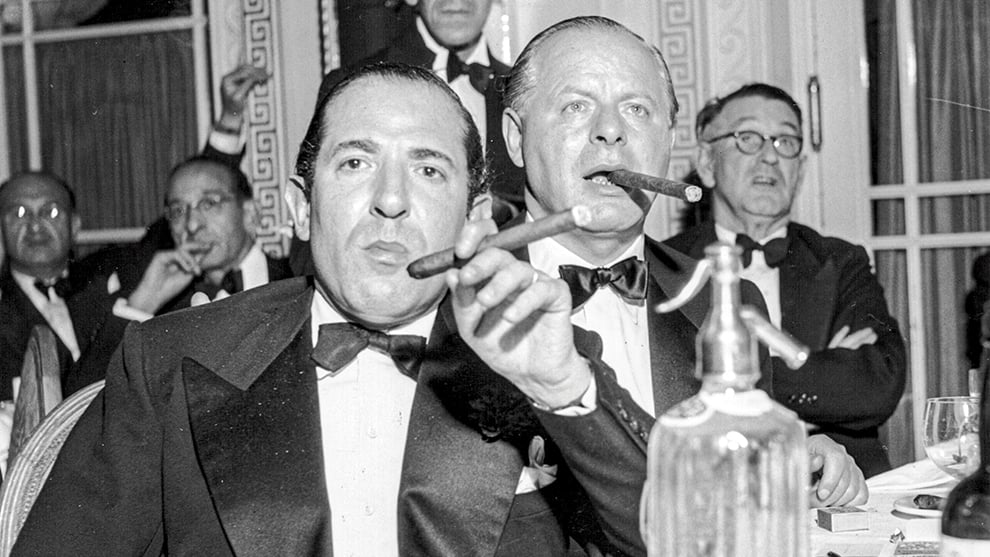By Steve Bunce
Recently, discussions have been ongoing about the story of Johnny Owen and the tragic end to his life, which is being developed into a new film.
Many boxing enthusiasts are familiar with the heartbreaking final fight between Owen and Lupe Pintor in Los Angeles. The intense atmosphere and the unforgettable outcome of the fight at the Olympic left a lasting impact on those who witnessed it.
However, it was Owen’s lesser-known British title fight at a private club in London that sparked curiosity. The fight against Paddy Maguire at the National Sporting Club in Cafe Royal marked a significant moment in Owen’s career.
Despite not having a significant following at that time, Owen’s victories in private clubs against popular London fighters like Wally Anglis and Dave Smith raised questions about the secrecy surrounding these events.
In retrospect, it seems absurd that prominent fighters like Jim Watt and Chris Finnegan fought in exclusive venues before achieving great success in the sport. The exclusivity and secrecy surrounding boxing events in the past now seem archaic and incomprehensible.
The history of boxing in the late Sixties and Seventies is filled with stories of legendary fighters competing behind closed doors, away from the public eye. From Chris Finnegan’s professional debut at a hotel in Park Lane to Jose Legra’s remarkable career, these fighters faced challenges and obstacles that are hard to imagine in today’s boxing world.
Despite the struggles and obstacles they faced, these fighters persevered and left a lasting legacy in the sport. As we witness upcoming fights like the British bantamweight title match between Chris Bourke and Ashley Lane at York Hall, we can appreciate how far boxing has come from its secretive past.
